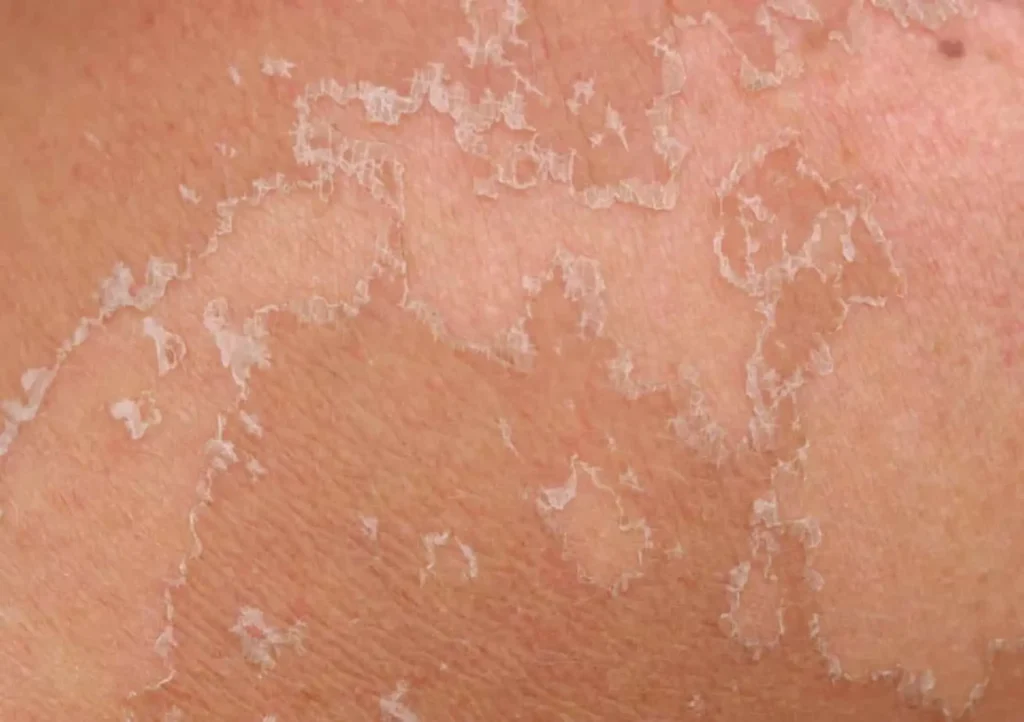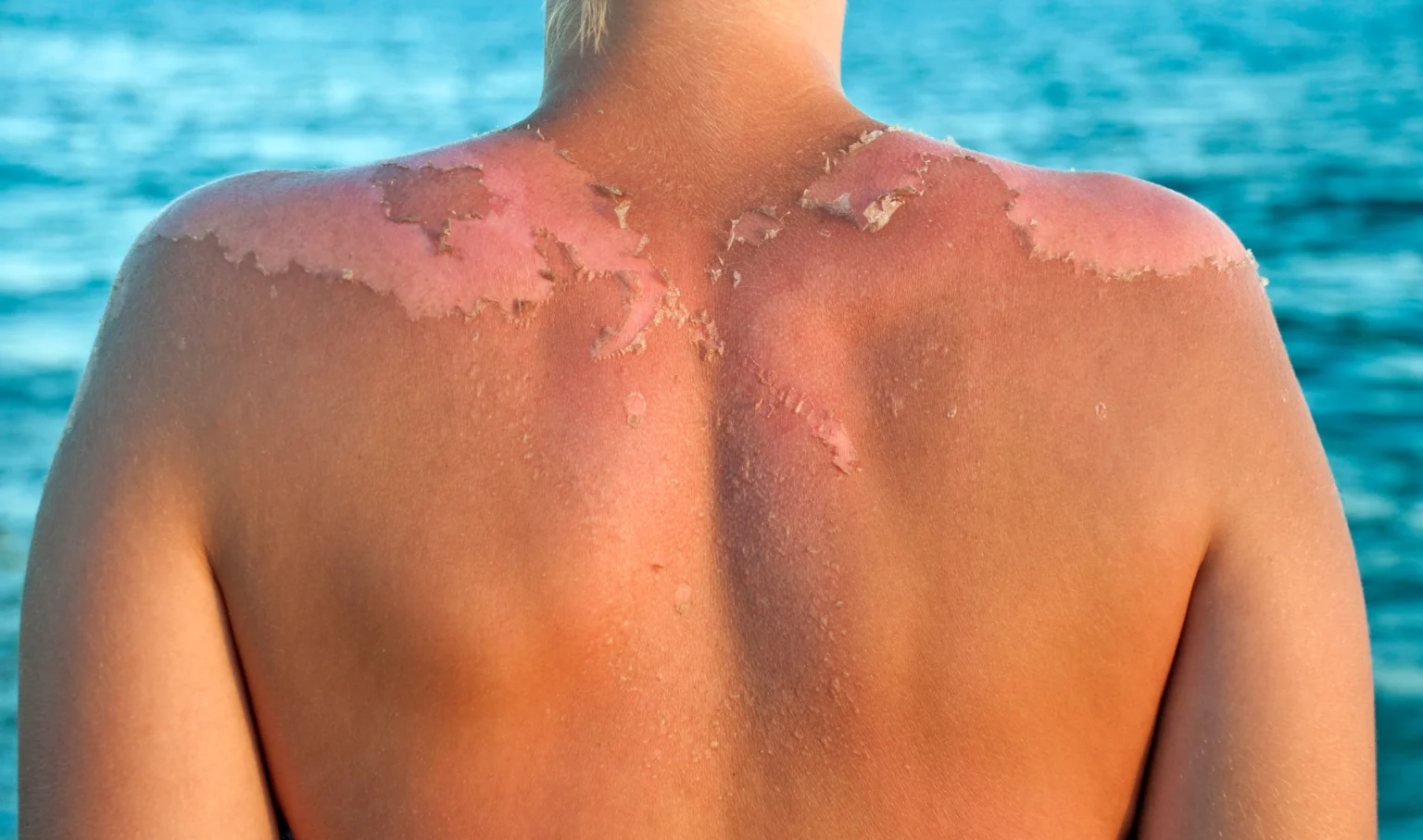Did you know that your skin isn’t the same as it was just a few weeks ago? Every 28 to 40 days, your body completely renews the outermost layer of your skin. That means the skin you’re in right now is temporary—a living, breathing biological shield in constant transformation.
30,000 to 40,000 Skin Is Cells Gone—Daily!
On average, your body sheds between 30,000 and 40,000 dead Skin Is cells every single day. That’s about 1.5 million skin cells every hour! While you were reading this paragraph, over 100 dead skin cells just flaked off your body—incredible but true.

Why Does Your Skin Shed?
The outermost layer of your skin, known as the epidermis, is made of keratinized cells that are already dead. These cells act like a protective barrier, but they wear down constantly. To stay strong, your skin has to replace them continuously through a process called desquamation. It’s nature’s way of hitting refresh.
Exfoliation: Boosting the Natural Process
Although your body is great at renewing skin on its own, you can help the process along. Regular exfoliation—done two to three times a week—removes lingering dead skin cells and reveals a fresher, smoother layer underneath. It also helps prevent clogged pores and boosts the absorption of skincare products.
Your Environment Affects the Shedding Rate
Factors like air pollution, dry weather, and sun exposure can speed up or slow down the skin’s renewal cycle. In colder climates, your skin tends to flake more rapidly. In humid environments, the cycle might slow down, causing buildup.
Shedding Isn’t Just About Clean Skin
Shedding isn’t just about beauty—it’s essential for protection. Your Skin Is plays a critical role in guarding your body against bacteria, viruses, and harmful substances. Without regular shedding, your skin would become less effective at this job.
Fun Fact: Most Household Dust Is… You
Brace yourself: a large portion of the dust in your home is made of dead skin cells. That’s right—your body contributes to your cleaning chores. You shed so much skin over time that it makes up a significant part of indoor dust. Curious world, isn’t it?
What Happens If You Don’t Exfoliate?
Without exfoliation, dead skin cells can pile up, making your skin look dull and rough. It can also lead to clogged pores, blackheads, and breakouts. Gentle exfoliation not only refreshes your appearance but also keeps your skin healthier.
The Science Behind the Flakes
Researchers have found that your body uses specific enzymes to break down connections between skin cells, helping them flake off naturally. This process is carefully regulated to avoid damage and ensure consistent renewal. It’s one of those curious facts hidden in plain sight.
Your Skin Is a Miracle in Motion
Next time you look in the mirror, remember: the skin you’re seeing is temporary. A new layer is already forming beneath it, ready to rise. That’s the silent magic of biology—your body constantly rebuilding itself, one cell at a time.











